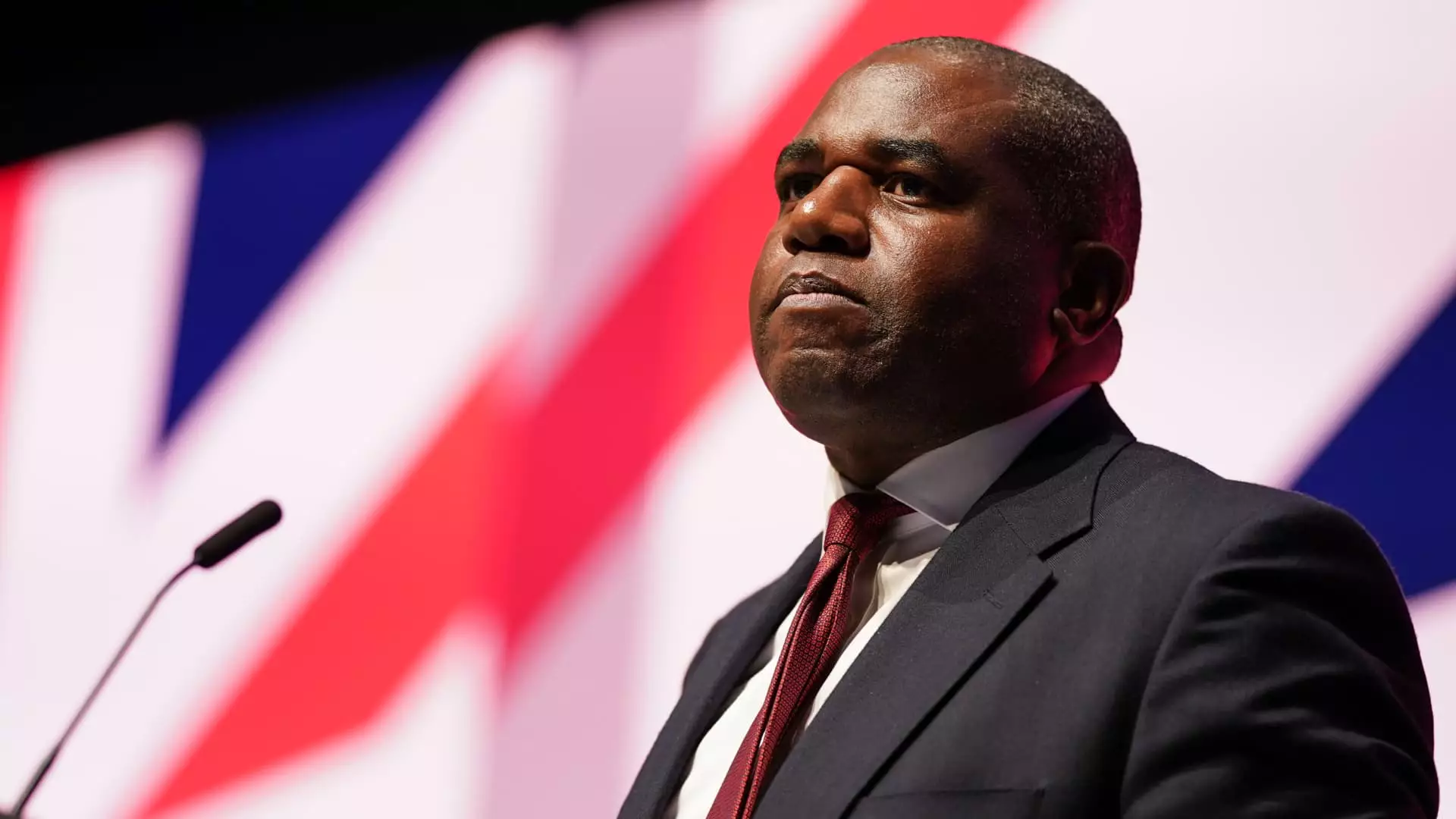The announcement made by British Foreign Minister David Lammy to suspend some arms export licenses to Israel is a step in the right direction. However, the decision to only suspend 30 out of 350 licenses raises questions about the sincerity of the UK government’s commitment to international law. By only targeting a small fraction of the total licenses, the move seems more like political posturing rather than a genuine effort to prevent the violation of humanitarian laws.
Furthermore, Lammy’s statement that this is not a blanket ban or arms embargo puts into question the logic behind the suspension of only some licenses. If there is a “clear risk” that the arms exports could be used to commit serious violations of international humanitarian law, then why not suspend all licenses until a thorough review is conducted? The selective nature of the suspensions undermines the credibility of the UK’s commitment to upholding human rights.
While Lammy maintains that the UK supports Israel’s right to self-defense, the decision to continue exporting arms that could potentially be used in conflict with Hamas sends mixed signals. The ongoing Israel-Hamas war has already led to significant harm to Palestinian civilians, and by not taking more decisive action, the UK risks being complicit in the violence. By only suspending a small number of licenses, the UK is undermining international efforts to promote peace in the region and protect human rights.
The protests in Israel calling for a hostage deal with Hamas are a clear indication of the deep-seated issues at play in the region. The decision to suspend arms export licenses is a superficial response to a complex conflict that requires a more nuanced and holistic approach. By failing to address the root causes of the violence and instability in the region, the UK’s actions are merely a band-aid solution that does little to address the underlying issues.
While the decision to suspend some arms export licenses to Israel may seem like a positive step, it falls short of addressing the larger issues at play. The selective nature of the suspensions, combined with the lack of a comprehensive strategy to promote peace and protect human rights, undermines the credibility of the UK government’s commitment to international law. It is crucial for the UK to take a more proactive and consistent approach to addressing the conflict in the region and promoting a lasting peace for all parties involved.


Leave a Reply